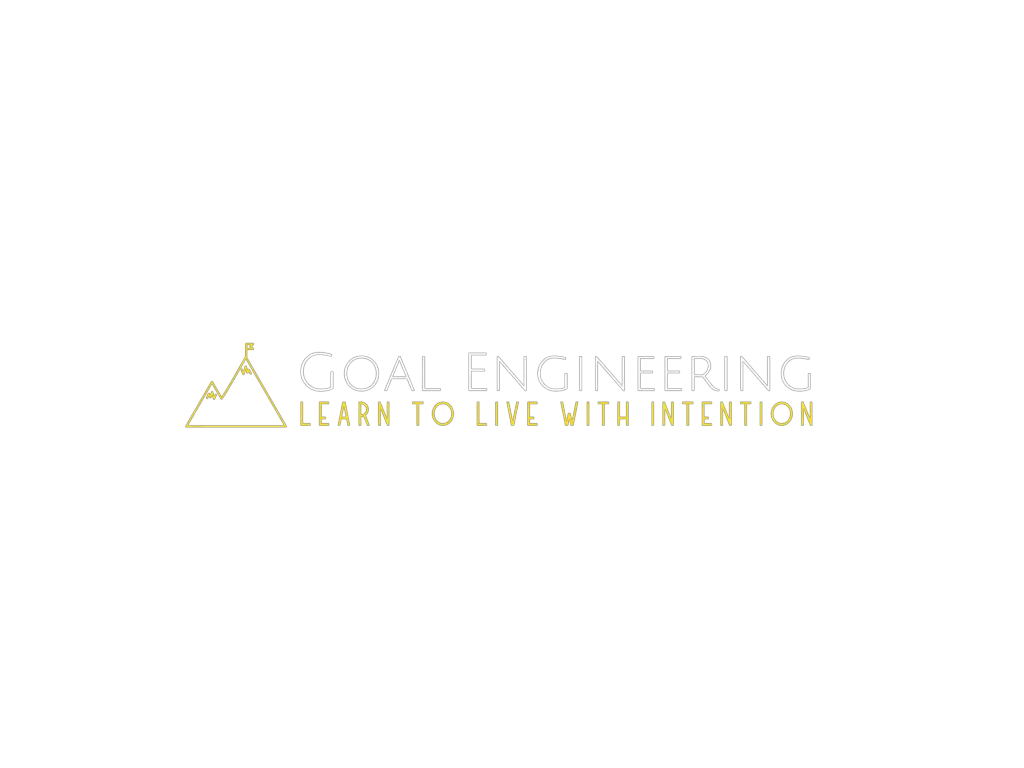How many times have you set a big goal only to accomplish it and feel miserable? It’s strange, right? Makes you wonder if it’s really possible for your goals to make you happy. Well, according to neuroscience, it’s not only possible but inevitable that your goals will make you unhappy. Not always, though. Just at a certain point in the process.
Achieving your goals doesn’t make you happy because of a neurochemical called dopamine. When you pursue a goal, dopamine is released to motivate you to keep going. But when you finish that goal, the dopamine system tips in the other direction, toward a little bit of sadness and disappointment.
This mind-blowing information can change your life and it all comes from an interview that neuroscientist Andrew Huberman did with Tom Bilyeu.
There’s a lot more to learn than just what we’ve covered so far. Let’s dive in and discover more about this dopamine system from what Huberman said about it.
And more importantly, we’ll see why setting goals is still valuable because of the parts of it that can make you happy.
Why Achieving Your Goals Will Never Bring Happiness
Here’s what Huberman, and his colleague Dr. Anna Lembke, said about why accomplishing your goals won’t make you happy, with some brackets added by me for clarification:
“Anytime you have a bunch of dopamine and you’re in pursuit, pursuit, pursuit [of a goal], after you achieve a win [meaning you accomplish the goal], now this could be a business win, a relationship win, a win of any kind, but inevitably there’s going to be a tipping back of the scale on the pain side. And that pain side is always gonna go a little bit higher than the dopamine [pleasure] side.
So, this is what you would feel if you pursued a goal like building a big company. ‘Here it comes… here it comes… the big sale!’ and then there’s the ‘well what now,’ the kind of let-down.”
There’s a lot to break down here, so let’s start at the top. What he’s essentially saying, and he credits his colleague Anna Lembke for this way of conceptualizing it, is that when you pursue a goal the dopamine system is hard at work rewarding you for the pursuit.
That’s dopamine’s job, it keeps you motivated to stay the course and get what you want. We’ve evolved this system to keep our species alive and continuing. If we didn’t feel motivated to eat, drink, and procreate, our entire species would die.
This system is frequently hard at work and especially so when we’re working toward a goal. But inevitably, what goes up must come down. That “high” you get from pursuit drops to a low when you reach the finish line.
Huberman doesn’t explain why this happens in the interview with Bilyeu. But the research shows that neurologically, you will feel sad after reaching a goal.
Why This Matters – And Why You Should Still Set Goals
This is the part where I get to explain why I’m writing something like this on a website that’s all about goal-setting. You may be wondering “why in the world would you still teach the value of setting goals if it doesn’t make people happy?!”
Well, let me clarify something first. What Huberman said doesn’t mean that setting goals won’t make you happy. What he says simply means that the low you feel after accomplishing a goal is natural.
You should expect that disappointment and welcome it as a normal part of the process. It’s an indication that you’ve done something great and that it’s time to rest from utilizing the dopamine system so well.
My point in talking about this isn’t to discourage anybody from setting goals. It’s to prepare you for a natural low point in the process.
Because goals are still worth it, even if they might be tough and disappointing sometimes.
Those end results you get from achieving your goals will still make your life better, even if you experience a little down period at first.
Think about how having more money, being healthier, and being a better person give you more opportunities in life. That makes the sadness part worth it because it will let you have more chances to be happier than you had before.
Plus, the let down stage is only temporary. If you pause your ambitions for a time, your dopamine resets and you can get back to setting goals again.
More importantly, though, there are parts of the goal-setting process that will make you happy, and that’s what we’ll talk about now.
The Part of Setting Goals That Will Make You Happy
Across Huberman’s many interviews that I’ve been binging recently, he’s always teaching that pleasure is in the pursuit.
You and I are designed to go after things that keep us alive. So it makes sense that happiness would come from pursuit. Without drive, we die. This is the whole secret to motivation. And it even can allow you to have infinite energy to stick to your goals.
Think, for instance, how you feel when you’re working on something fun. You enjoy the process and the outcome becomes secondary to that.
This is easiest to see in purely entertaining things, like watching TV or playing a game. My kids don’t watch an episode of Gravity Falls because they want to get to the end. They watch it because they enjoy watching it!
The same is or can be true for every one of your goals. You just need to:
- Find the intrinsic pleasure that’s within the goals you already have.
- Change your plan so that you do things to reach your goal that you inherently enjoy more.
For me, finding intrinsic pleasure happens when I remind myself every so often how much I enjoy writing and sharing ideas online.
And a way that I’ve changed my plan recently was to focus less on running for every exercise and adding things like biking and rollerblading to my exercise routine.
The way I like to think of it is that joy comes in the process, not the outcome. Bryan Cranston explains how he used this idea to go from an average actor to an extraordinary one:
“Early in my career, I was always hustling. Doing commercials, guest-starring, auditioning like crazy. I was making a decent living… but I felt I was stuck in junior varsity. I wondered if I had plateaued. Then, Breck Costin [his mentor] suggested I focus on process rather than outcome.
I wasn’t going to the audition to get anything: a job or money or validation. I wasn’t going to compete.
I was going to give something.
I wasn’t there to get a job. I was there to do a job. I was there to give a performance. If I attached to the outcome, I was setting myself up to expect, and thus to fail. My job was to be compelling. Take some chances. Enjoy the process.”
That’s the lesson we need to take from what Huberman teaches about the sadness that comes from accomplishing a goal. Pay attention to the process of working toward your goals more than the outcomes and you’ll be happy.
Let’s Wrap This Up
I hope that by now you’re feeling a sense of hope and not discouragement as you may have felt earlier. When I first heard Huberman talking about these things I was a little discouraged too.
But with the context Huberman gives and knowing what I now know about how pursuing goals brings happiness, I’m actually really excited that I’ve discovered this idea.
It made a lot of sense to me because I’d experienced that let down before, as you probably have too. Now, it’s just a lot easier to recognize that it’s okay that reaching goals doesn’t make you happy, at least not initially. Being ready for that makes you a lot less likely to quit when it comes.
Plus, there’s still happiness to be found later, after you realize the way your goals have improved your life by giving you new opportunities.
And, even better, there’s a whole lot of joy to be found, an infinite amount, even, in continuing to set goals and focus on the process to achieve them.





